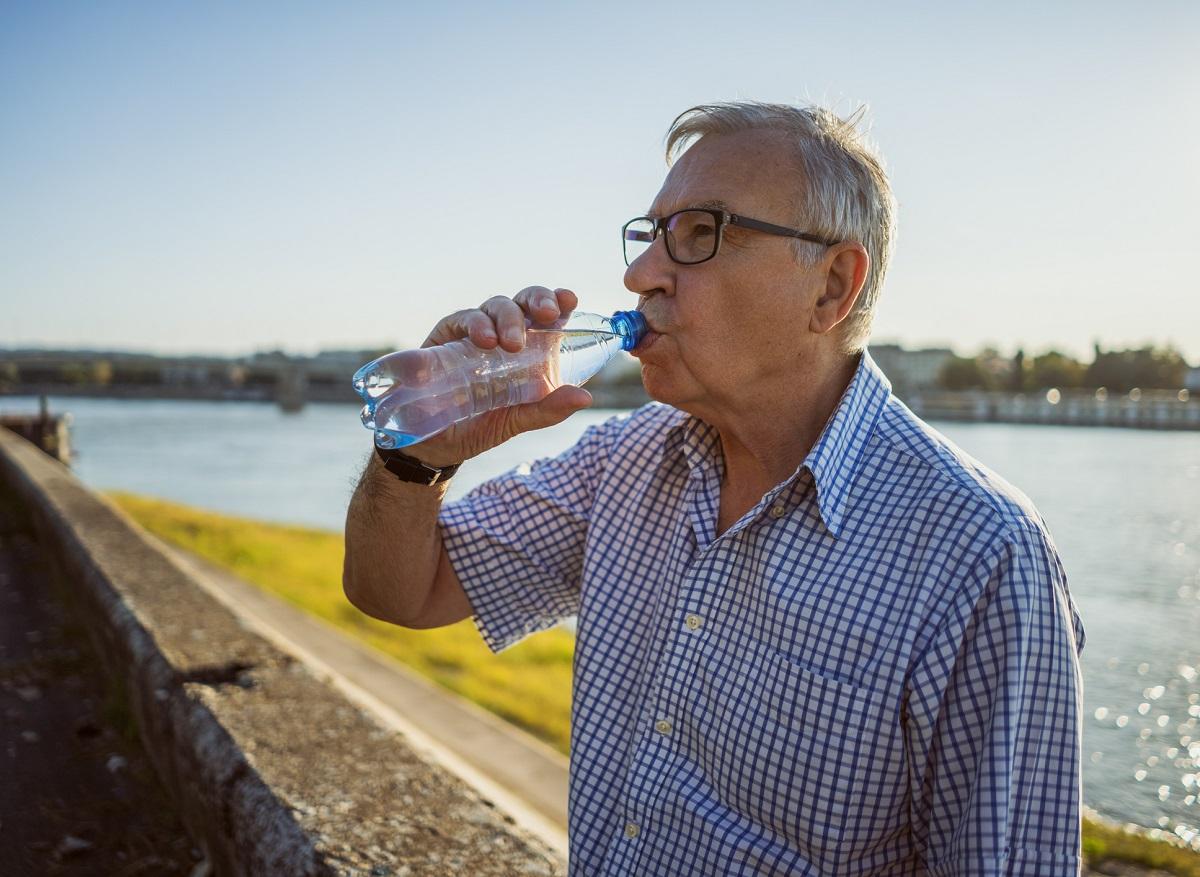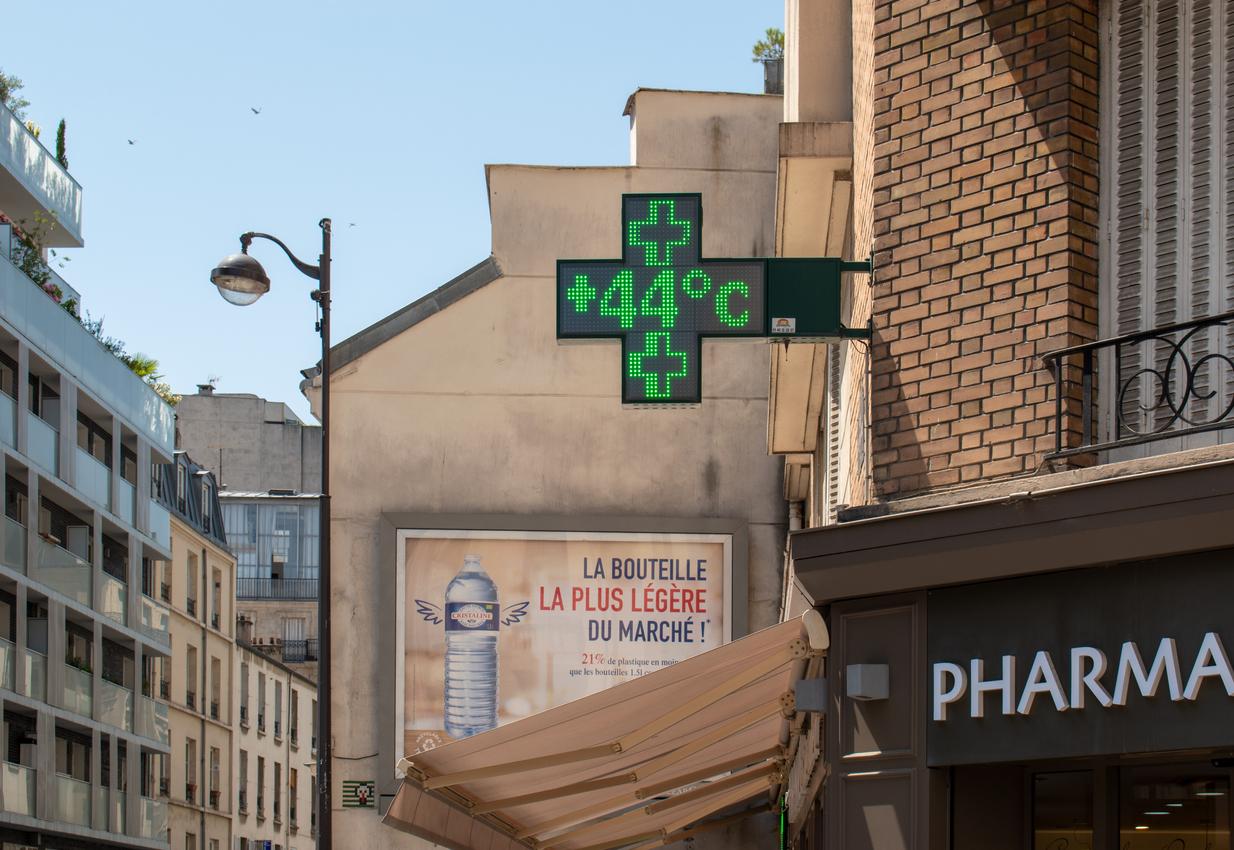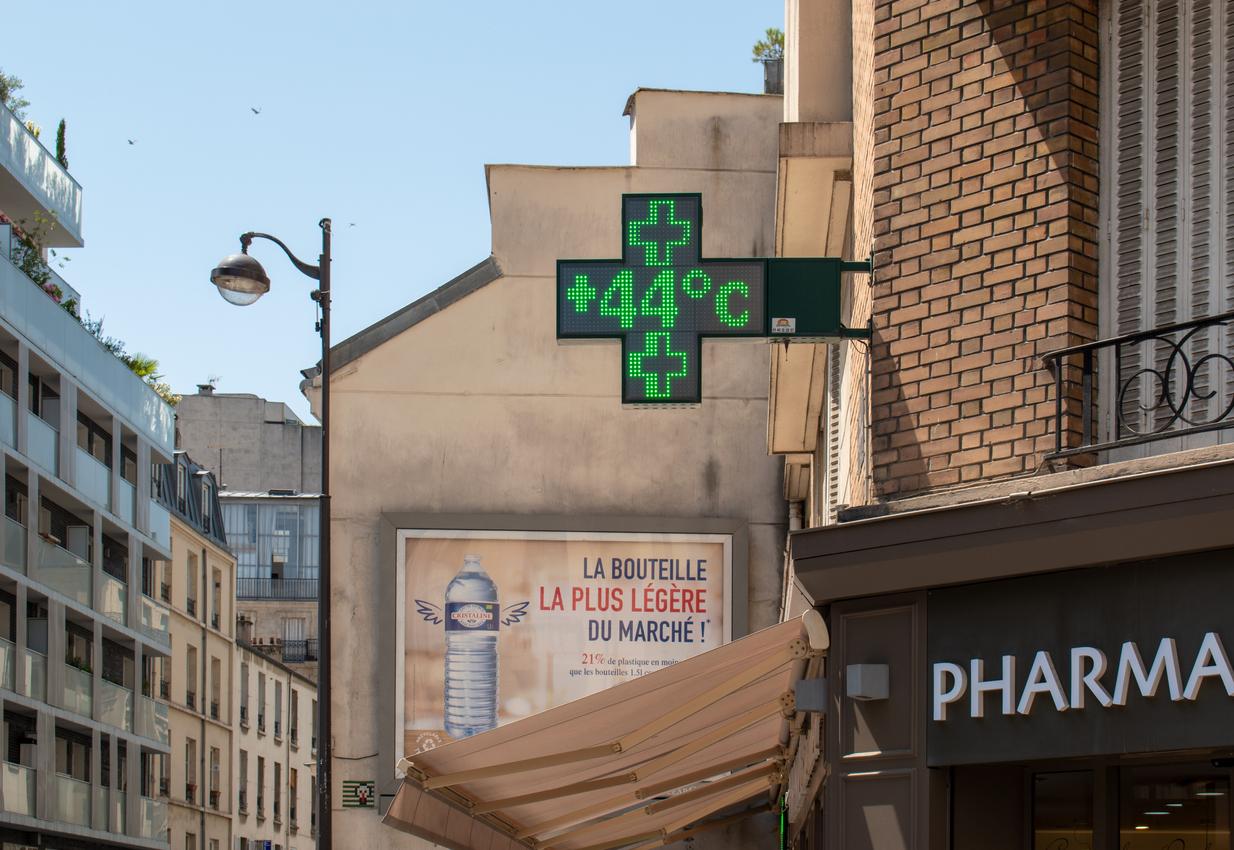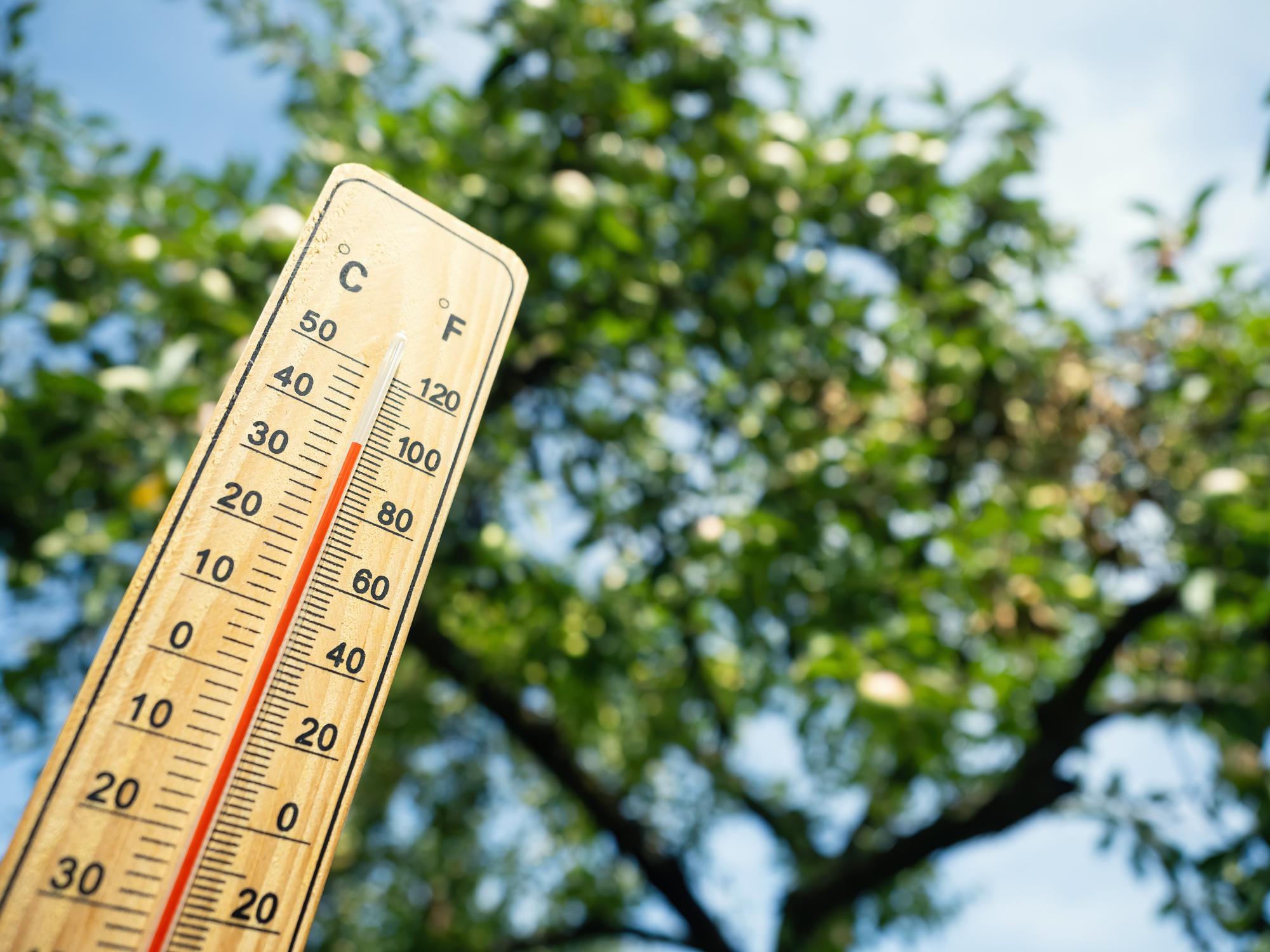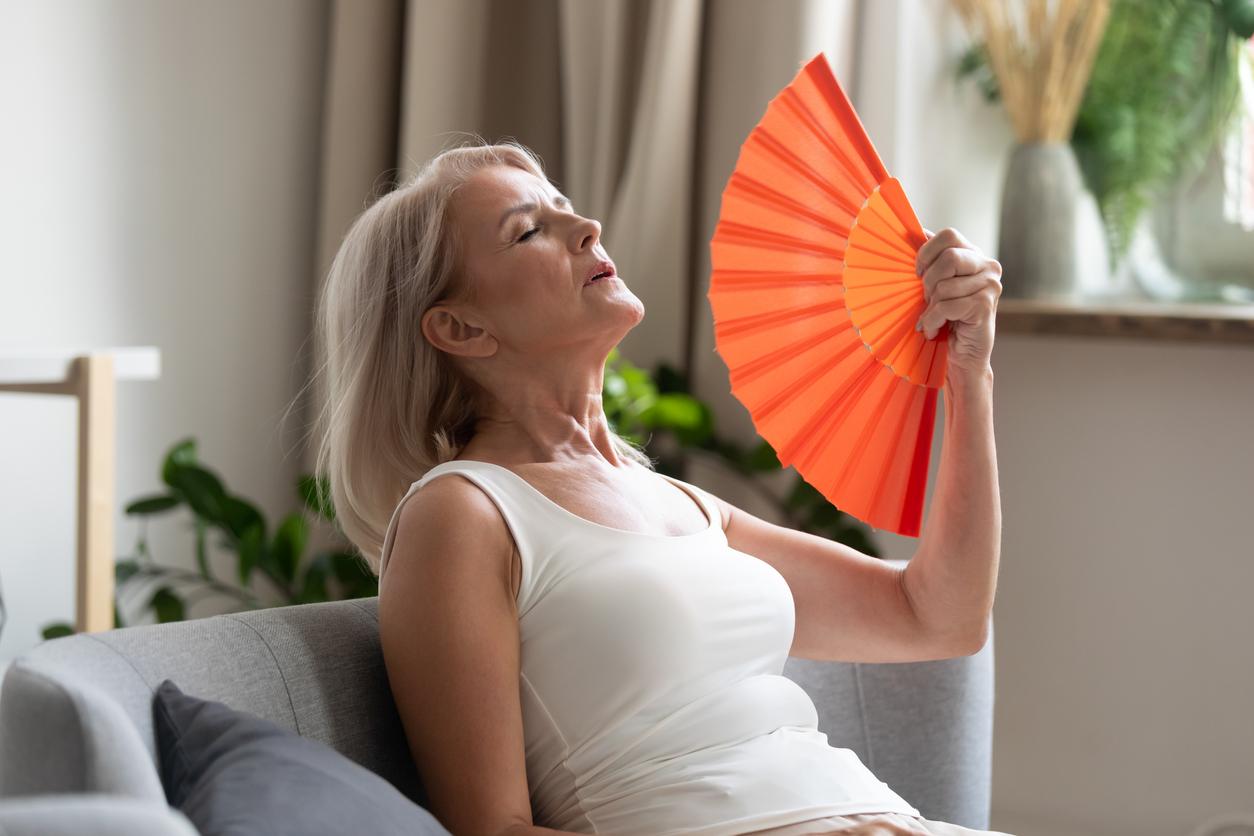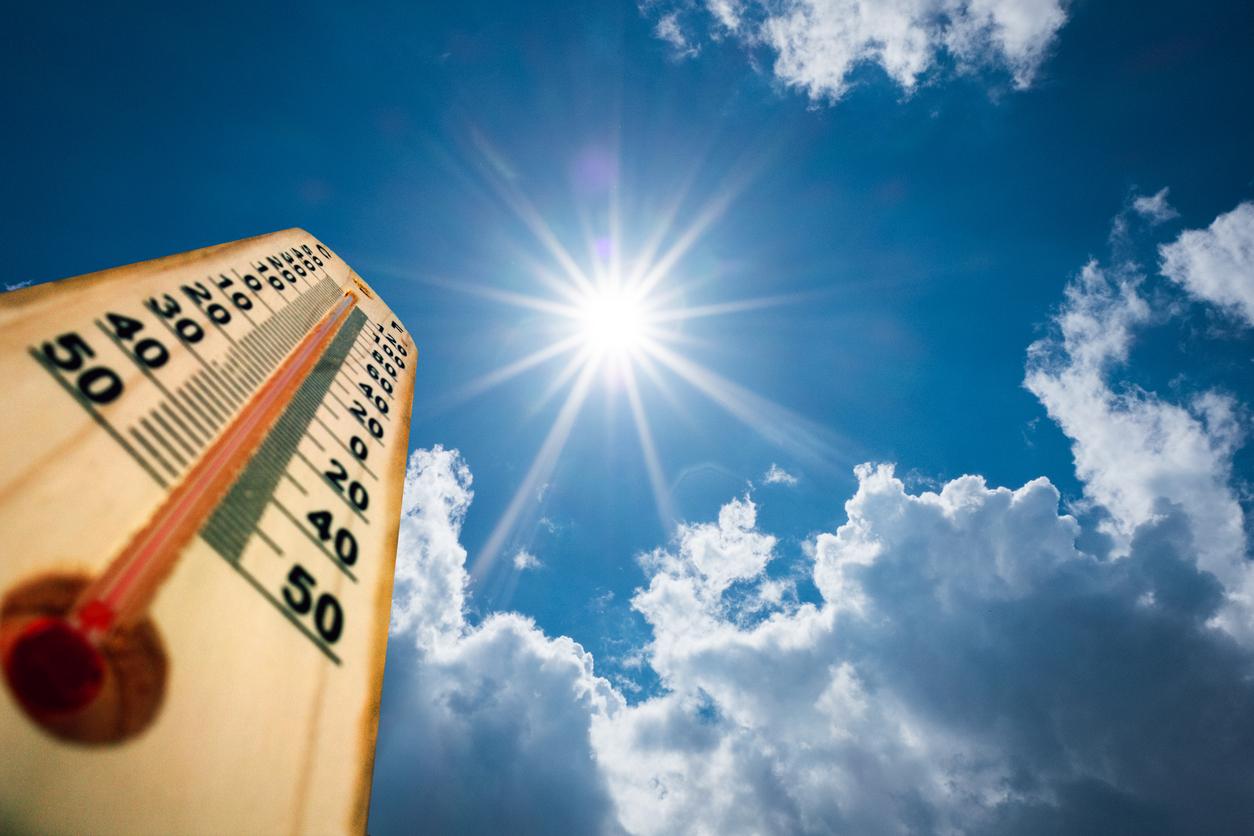Whether it’s a sudden drop in mercury or air conditioning, strong temperature variations can exhaust the body, and in particular cause thermal shock.

- Human body temperature is normally between 36.1 and 37.8°.
- A heat wave is defined by extreme heat, day and night, for at least three consecutive days.
The heat wave ends and temperatures drop. In some areas, they have dropped by 15 degrees in the space of a few hours. This sudden decrease can have consequences on health, in the same way as air conditioning in the event of high temperatures: this is the principle of thermal shock. Sometimes called a cold snap, it can lead to loss of consciousness or even cardiac arrest in the worst case.
Air conditioning, in moderation!
“If the house cannot be cooled, plan to spend several hours a day, every day, in a cool place, close to your home and identified in advance”advise the Ministry of Health in the event of a heat wave. Cinema, museum, shopping malls or some cafes are among the places that are generally air-conditioned. But care must be taken that the difference in thermometer is not too high: from 5 to 7°C difference between the outside and inside temperature, the body is subject to a high risk of thermal shock. The most common symptoms are respiratory infections, runny nose or eye irritation.
Beware of falling temperatures
Inconveniences close to those generated by a sudden drop in outside temperatures. “Temperature variations will mainly cause difficulties and irritations in the ENT sphere.says a general practitioner in Europe 1. So, one can have symptoms of nasopharyngitis, runny nose, cough, episodes of sinusitis.” To limit the risks, it is better to cover up a little more when the temperatures go down. In a newspaper article the ParisianIsabelle Bonmarin, Head of the Infectious and Environmental Risk Prevention Unit at Public Health France, recommends caution, especially for the elderly or frail. She advises against immediately resuming physical activity, “it is better to wait a day or two, it is more reasonable. (…) Organizations are tired and we are not always aware of it”.
Faced with these strong temperature variations, the body must adapt, which can exhaust it. Always at Parisian, emergency physician Patrick Hertgen explains why the elderly or frail are more at risk. “We are homeothermic animals, meaning our thermostat is set around 37 degrees. When this is not the case, as in a heat wave, our blood vessels dilate so that the heat, which is created in the body, does not remain inside and can be eliminated in the periphery. It makes the body work harder, the heart beats faster, and older people’s heart function is less efficient.” So in the days to come, it is better to remain cautious.









